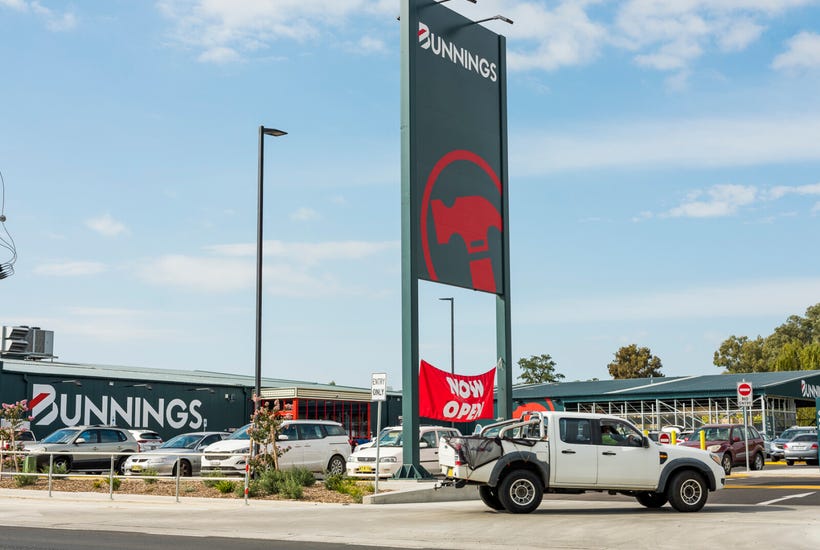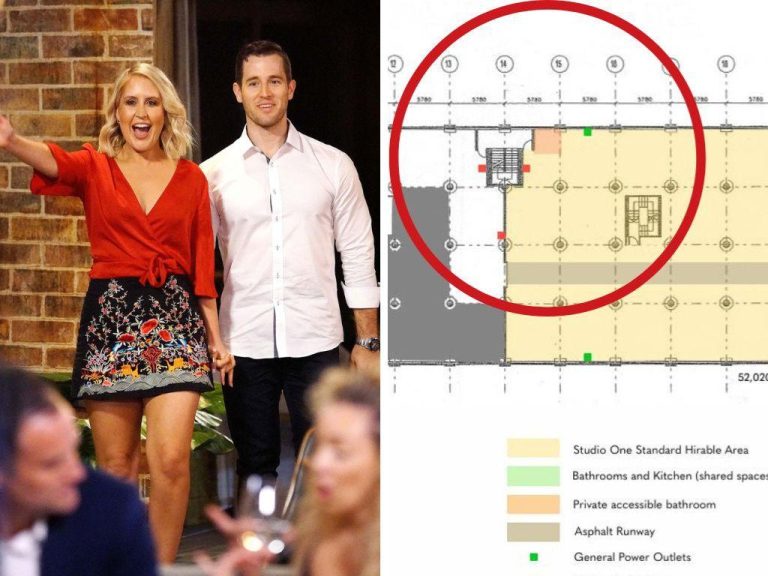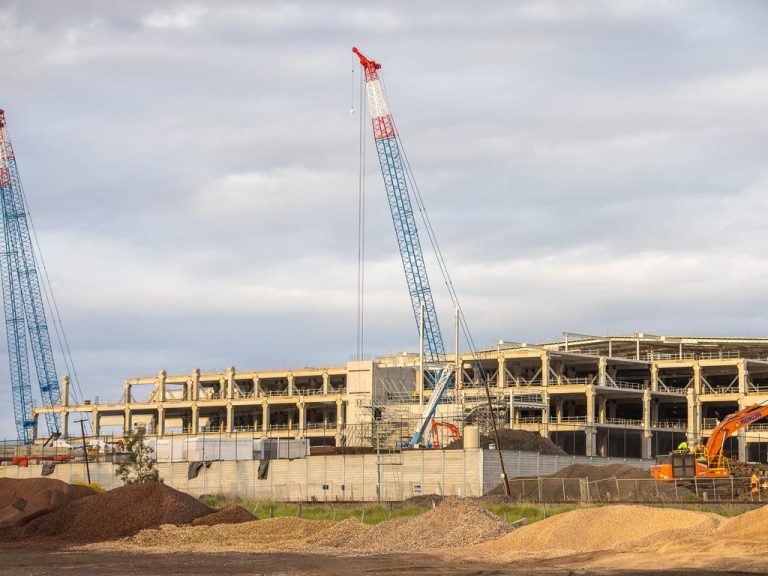Private investors chase a rare and more affordable Bunnings opportunity

Private investors priced out of bigger Bunnings Warehouse deals are chasing a rare opportunity to secure one of the popular investments – and at a more affordable price point.
The Bunnings Warehouse in the NSW town of Young is the first freestanding Bunnings to be publicly marketed in Australia this year.
Colliers national director, retail investment services, James Wilson said private investors, syndicates and institutional investors were targeting Bunnings investments.
Mr Wilson said Colliers expected interest for Bunnings Young would value the property at more than $11 million.
“Freestanding Bunnings Warehouses range in value up to $85 million for Bunnings Preston in Melbourne, which was recently acquired by an institutional investor,” Mr Wilson said.
“The lower price point for Bunnings Young has allowed increased purchaser competition from largely private investors and syndicators who typically are priced out of buying a brand new Bunnings hardware investment.”

There is strong interest in Bunnings Young from private investors. Picture: realcommercial.com.au/for-sale
Mr Wilson said there was strong investor interest in the new Bunnings Warehouse in the regional commercial hub of Young, about 375km south-west of Sydney and 160km north-west of Canberra.
“Given the location we’re receiving strong interest, largely eastern seaboard private investors predominantly from NSW and Victoria, in addition to private investor interest out of the ACT,” he said.
Completed in late 2020, Bunnings Young has 5530sqm of floor space on 1.15ha of land and a 10-year lease backed by the hardware retailer’s parent company Wesfarmers.
The warehouse at Young, known as the cherry capital of Australia, is the only Bunnings within 70km.
“The investors are targeting Bunnings investments given they offer a brand new 10-year net lease backed by Wesfarmers,” Mr Wilson said.
“The length of lease and annual rental review mechanism allows investors to acquire a secure investment that also features strategically-located, high-profile sites that may feature long-term development upside,” he said.
The expressions of interest for Bunnings Young closes on 22 April.
Bunnings warehouses highly sought-after
Mr Wilson said freestanding Bunnings were rarely offered for sale publicly.
“Bunnings Warehouse investments are incredibly rare,” Mr Wilson said.
He noted the last brand new Bunnings Warehouse investment that was publicly marketed in NSW was the Bunnings Katoomba, which sold in September 2018 for $9.1 million, reflecting a yield of 5.27%.
“Since this transaction the RBA cash rate has dropped from 1.5% to 0.1%, highlighting the low cost debt environment investors are leveraging to boost their returns,” he said.
Institutional investors have made several off-market Bunnings acquisitions in the past six months, with property investment management company Charter Hall an active buyer.
A Charter Hall wholesale partnership acquired a $353 million portfolio of six Bunnings Warehouses in November, on a yield of 4.63%. That deal meant Charter Hall has more than $2.4 billion invested in 59 Bunnings stores, the bulk in metropolitan locations.

There have been several Bunnings deals in recent months. Picture: realcommercial.com.au/for-sale
A Charter Hall-managed logistics partnership then paid $70 million in December for a property leased by Bunnings in Sydney’s Alexandria, targeting the site’s development options given Bunnings no longer needed the facility.
Also in December, a Charter Hall real estate investment trust agreed to buy a new Bunnings property to be developed in Queensland’s Caboolture for $28.1 million.
Real estate investment manager EG acquired the Bunnings in Sydney’s Rockdale for $48.75 million and the HomeCo Daily Needs REIT bought the 22,300sqm Bunnings in Sydney’s Seven Hills for $56 million.
A 12,800sqm freestanding Bunnings Warehouse, which was originally as a Masters store, at Robina on the Gold Coast also recently sold for $28.05 million at the end of 2020 after being publicly marketed.
The Bunnings Preston sale involved a February 2021 deal between Newmark Hardware Trust and Bunnings to develop a new three-level, 18,600sqm warehouse, which would be valued at $85 million when completed in 2022.
Investor interest in large format retail surges
There has been strong demand for large format retail during the coronavirus pandemic, given the sector has benefited from the home improvement trend as people spend more time at home.
REA Group economist Anne Flaherty said while many forms of retail struggled during the pandemic and COVID-19 lockdowns, large format retail performed strongly.

Bunnings and other large format retailers have performed strongly during COVID. Picture: realcommercial.com.au/for-sale
Ms Flaherty said household goods retailing has been the strongest performing retail sector over the past year.
“The current low interest rate environment and last year’s COVID lockdowns drove a surge in home improvements and renovations, driving up demand for hardware and furniture,” she said.
Ms Flaherty said the strength of the housing market also helped large format retail, driving up demand for products sold by large format retail stores such as hardware, furniture and whitegoods.
People spending more time at home and doing projects at home translated into strong sales for Bunnings. Its same-store sales grew by 27.7% during the six months ended 31 December, 2020.
Mr Wilson said Bunnings’ success as one of Australia’s leading retailers translated into its popularity as an investment.
“The large format retail sector, including retailers like Bunnings, are continuing to trade exceptionally well,” he said.
“The sector offers investors exposure to incredibly secure tenant covenants, whilst offering attractive long-term net leases, typically with annual review mechanisms that guarantee income growth.”







